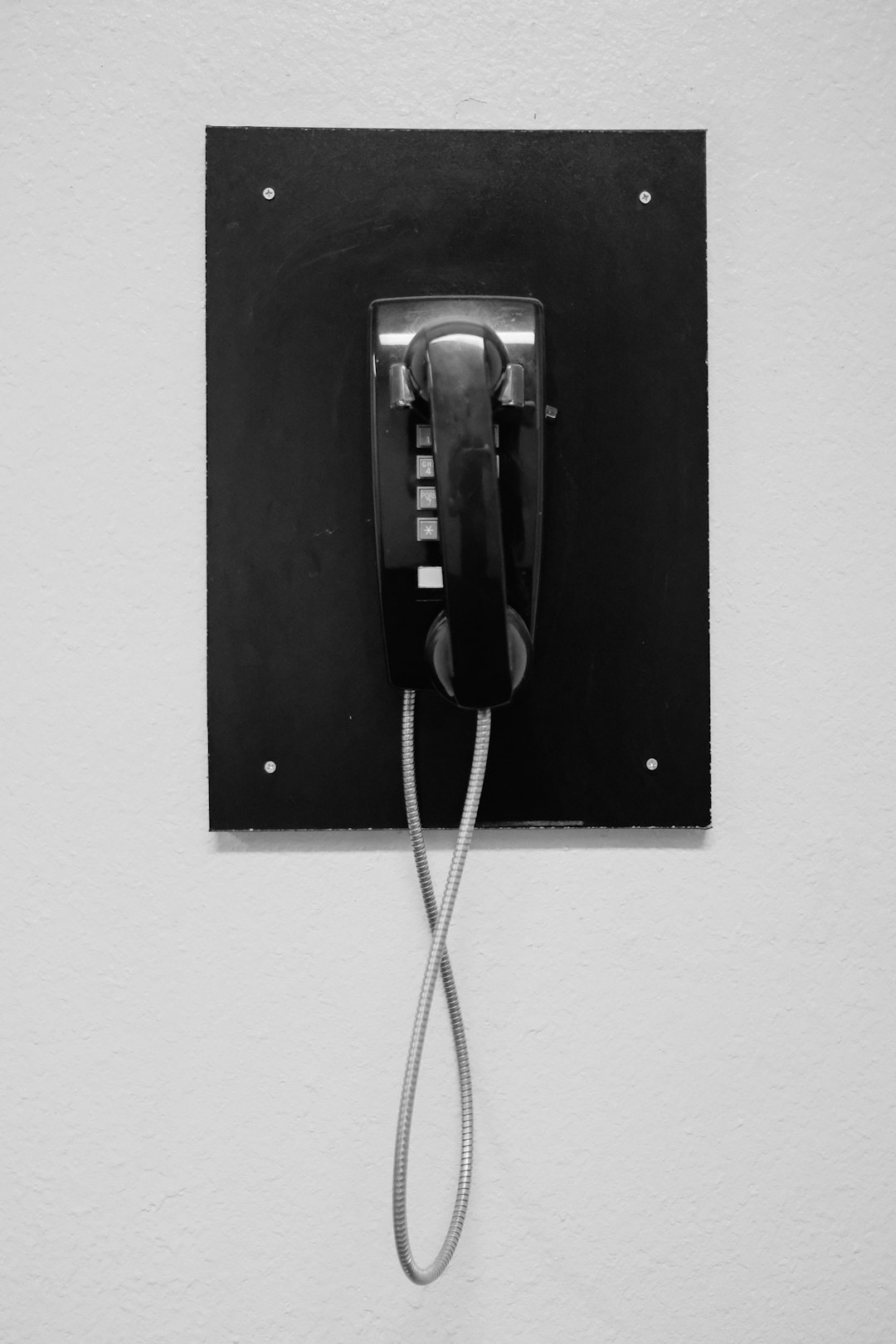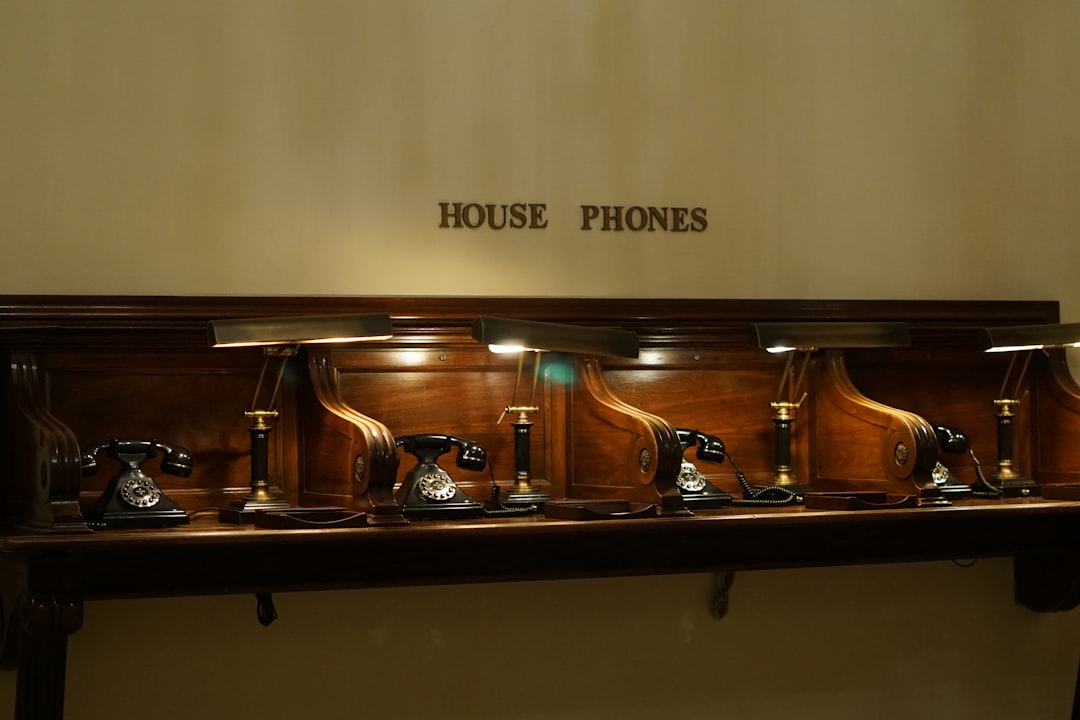Federal and state laws in Washington, notably the Telephone Consumer Protection Act (TCPA) and the Telemarketing and Consumer Fraud Act (TCFA), protect consumers from unwanted spam texts. These regulations require explicit consent for marketing messages, strict opt-out mechanisms, and severe penalties of up to $1,500 per violation for businesses that violate these laws, ensuring residents' control over their communications and empowering them to take action against invasive spam texts.
In the digital age, spam texts have become a pervasive issue, impacting millions worldwide. This article delves into the complex web of federal and state laws governing unwanted text messages, focusing specifically on Washington. We explore how Washington State’s regulations protect residents from intrusive spamming, while also examining federal legislation that complements these efforts. By understanding these legal implications, consumers can assert their rights and hold offenders accountable for navigating the penalties associated with spam texts in Washington.
Understanding Spam Texts and Their Legal Implications in Washington State

Spam texts, or unsolicited text messages promoting products, services, or offers, have long been a nuisance to recipients across the nation, including Washington State. In response, both federal and state laws have been established to protect consumers from this form of unsolicited communication. These regulations are designed to ensure that individuals can enjoy their mobile phones without being bombarded by unwanted marketing messages.
Washington State’s approach to spam texts is governed primarily by the Telephone Consumer Protection Act (TCPA) at the federal level and complemented by state-specific laws. The TCPA restricts businesses from sending automated or prerecorded calls to phone numbers on a Do Not Call list. Similarly, Washington’s state law prohibits the use of automated dialing equipment or pre-recorded messages for telemarketing purposes without prior express consent from the recipient. Violations of these laws can result in significant financial penalties and other legal consequences for offenders.
Federal Laws Governing Unwanted Text Messages

In the United States, federal laws, such as the Telephone Consumer Protection Act (TCPA), specifically address the issue of unwanted text messages, commonly known as spam texts. These laws aim to protect consumers from unsolicited and disruptive communications. The TCPA prohibits companies and individuals from sending mass text messages without prior express consent, ensuring that recipients have control over their communication preferences. Non-compliance with these rules can lead to significant legal consequences, including financial penalties.
Washington state, like many other states, has its own set of regulations that complement the federal laws. These state-level provisions often focus on specific aspects, such as opt-out mechanisms and the identification of spam texts. Washington’s laws ensure that residents have a say in what communications they receive and when. The strict enforcement of these regulations makes it crucial for businesses operating within the state to adhere to the guidelines to avoid legal troubles and maintain consumer trust.
Washington State's Take on Spam Texts: Rights and Protections for Residents

In Washington State, residents enjoy robust protections against unwanted spam texts under the Telemarketing and Consumer Fraud Act (TCFA). This law strictly regulates commercial text messages, granting consumers the right to opt-out of receiving such messages. When businesses or individuals send spam texts to Washington residents, they must comply with specific rules, including obtaining prior express consent from the recipient before sending any marketing-related text messages.
The TCFA empowers Washingtonians to take action against spam texts by providing a legal framework for filing complaints with the Attorney General’s Office. If a resident feels their privacy has been violated or they’ve received unsolicited text messages, they can report it, leading to potential penalties and cease-and-desist orders for violators. These stringent laws reflect Washington State’s commitment to safeguarding its residents from invasive and unwanted spam texts.
Navigating Legal Actions and Penalties for Spamming in Washington

Navigating Legal Actions and Penalties for Spamming in Washington involves understanding a complex interplay between federal and state regulations. The Telephone Consumer Protection Act (TCPA) at the federal level prohibits unsolicited text messages, known as spam texts, to phones without prior express consent. In Washington state, additional protections are in place, including stricter rules regarding how businesses can obtain and use consumer phone numbers.
Violations of these laws can result in significant penalties for both individuals and companies. Fines can range from $500 to $1,500 per violation, with potential treble damages if the spamming involved willful or knowing negligence. Consumers who suffer harm due to spam texts can seek compensatory and punitive damages. Moreover, Washington’s Attorney General has the authority to take legal action against spammers, seeking injunctions and restitution for affected residents.






